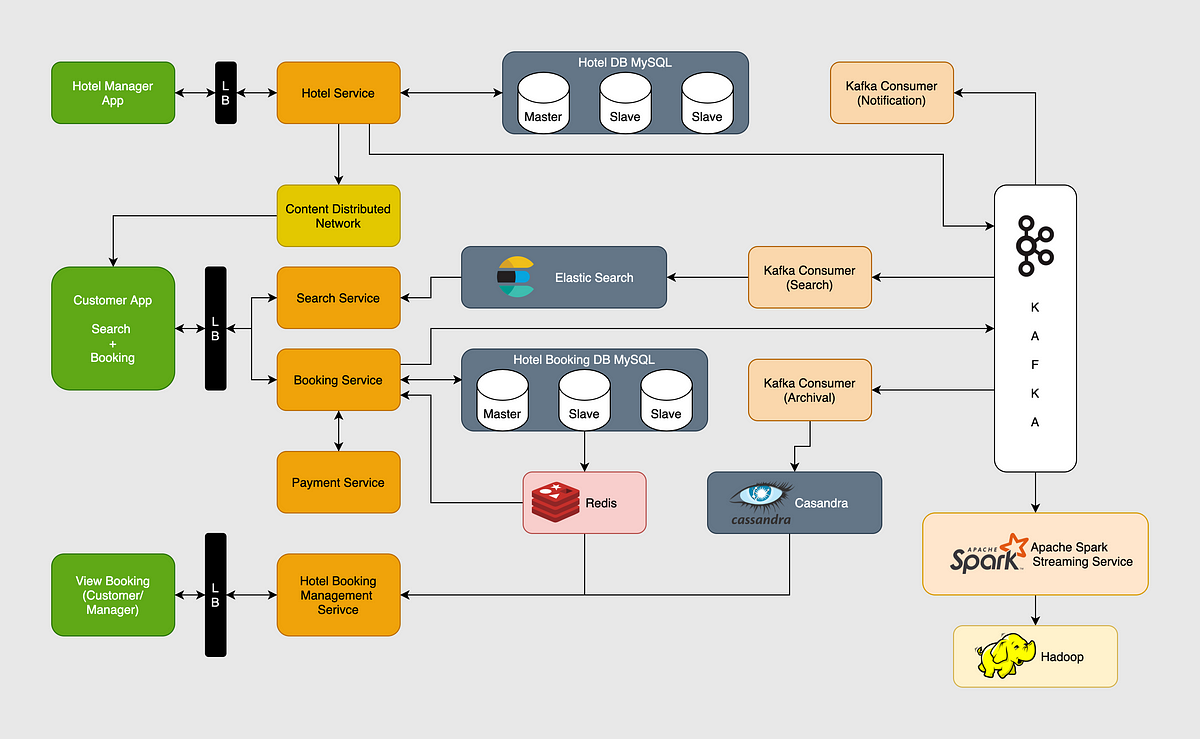In today’s digital age, where the internet plays an integral part in our daily lives, web development has become more crucial than ever. Whether you’re browsing your favorite social media platform, shopping online, or reading this very blog, you’re interacting with the work of web developers. Among the key players in the world of web development, front-end developers hold a vital role. In this article, we will explore the evolving role of a front-end developer and how it impacts modern web development.
The Evolution of Web Development
Before we delve into the responsibilities of front-end developers in today’s web development landscape, let’s take a moment to appreciate how far web development has come. In the early days of the internet, websites were often static and basic, consisting of simple text and images. As technology advanced, so did web development, giving rise to dynamic and interactive websites.
Today, web development encompasses a wide range of technologies and practices. It’s not just about creating websites; it’s about crafting immersive digital experiences that cater to a diverse audience across various devices. This evolution has significantly expanded the scope of a front-end developer’s role.
What is Front-End Development?
Front-end development, often referred to as client-side development, focuses on creating the visual and interactive elements of a website that users directly interact with in their web browsers. This includes everything from the layout and design to the user interface and functionality. In essence, front-end developers are responsible for bringing the creative visions of designers to life and ensuring that websites are user-friendly and responsive.
The Responsibilities of a Front-End Developer
The role of a front-end developer is multifaceted, encompassing a wide range of responsibilities. Here are some of the key tasks they undertake:
- Creating User Interfaces (UI):
Front-end developers work closely with designers to implement visually appealing and user-friendly interfaces. They use technologies like HTML, CSS, and JavaScript to structure web pages, style them, and add interactive elements. - Ensuring Responsiveness:
With the increasing diversity of devices and screen sizes, front-end developers must ensure that websites look and function seamlessly on desktops, tablets, and mobile devices. This requires employing responsive design principles. - Optimizing Performance:
Website speed is a critical factor in user satisfaction and search engine rankings. Front-end developers optimize web pages for performance by reducing load times and minimizing resource usage. - Cross-Browser Compatibility:
Web browsers vary in how they interpret and render web pages. Front-end developers must test and ensure that websites work consistently across different browsers and platforms. - Accessibility:
Making websites accessible to people with disabilities is not just a best practice; it’s often a legal requirement. Front-end developers need to implement accessibility features to ensure that everyone can use the site. - Collaboration:
Front-end developers collaborate closely with back-end developers, designers, and other team members to integrate front-end components with the overall website architecture. - Continuous Learning:
The field of web development is constantly evolving. Front-end developers must stay updated with the latest technologies and trends to remain competitive in their roles.
The Essential Skills of a Front-End Developer
To excel in their role, front-end developers need a diverse set of skills. Here are some of the core skills that are highly valuable in the field:
- HTML/CSS: Mastery of HTML and CSS is fundamental for structuring and styling web pages.
- JavaScript: Proficiency in JavaScript is essential for adding interactivity and dynamic functionality to websites.
- Responsive Design: Knowledge of responsive design principles and CSS frameworks like Bootstrap is crucial for creating mobile-friendly websites.
- Version Control: Front-end developers often work collaboratively, so familiarity with version control systems like Git is important for managing code changes.
- Testing and Debugging: Strong debugging skills and the ability to test websites across different devices and browsers are vital.
- Web Performance Optimization: Understanding techniques for improving website performance, such as minification, compression, and lazy loading, is essential.
- Cross-Browser Compatibility: Knowledge of browser quirks and techniques for handling them is necessary for consistent web experiences.
- Accessibility: Familiarity with accessibility standards (WCAG) and best practices is crucial for creating inclusive web experiences.
- Build Tools and Task Runners: Proficiency in build tools like Webpack and task runners like Gulp can streamline development workflows.
- Soft Skills: Effective communication, problem-solving, and teamwork skills are valuable in collaborating with designers and back-end developers.
The Challenges Front-End Developers Face
While front-end development offers an exciting and rewarding career, it’s not without its challenges. Some of the common hurdles front-end developers may encounter include: - Browser Compatibility: Dealing with inconsistencies in how different browsers interpret and render code can be frustrating and time-consuming.
- Performance Optimization: Achieving optimal website performance often requires in-depth knowledge and careful optimization.
- Keeping Up with Trends: The rapid pace of technological advancements means that front-end developers must continuously learn and adapt to stay relevant.
- Complexity of Projects: Large-scale web applications and content-rich websites can be highly complex, requiring meticulous planning and execution.
- Client Expectations: Meeting client expectations while adhering to best practices and standards can sometimes pose challenges.
Conclusion
Front-end developers play a pivotal role in shaping the digital landscape we navigate daily. Their responsibilities extend beyond coding; they are responsible for creating web experiences that are visually captivating, highly functional, and accessible to all. As technology continues to evolve, the role of a front-end developer will also evolve, presenting new challenges and opportunities. It’s a dynamic field that requires continuous learning and adaptation, making it an exciting and ever-relevant career choice in modern web development. So, the next time you visit a website and marvel at its design and functionality, remember the front-end developer who made it all possible.






